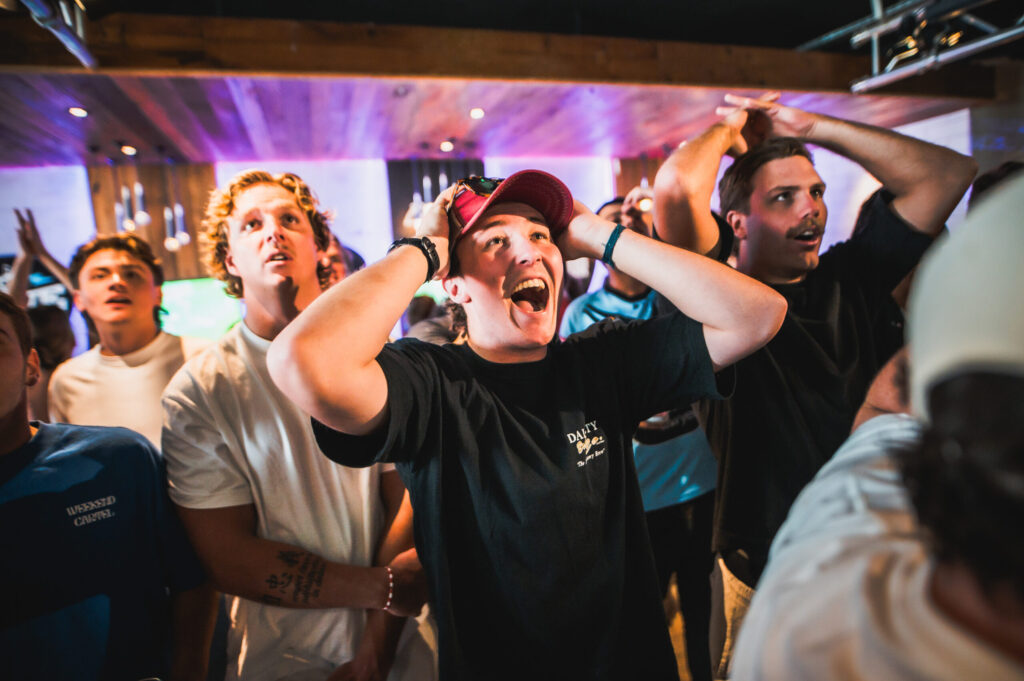


The FA Cup is not just another tournament. It is the original. The oldest football competition on the planet. It kicked off back in 1871, before electric lights, before coloured kits, before half the clubs we know today even existed. That is how deep it runs. And even with the Premier League dominating headlines and the Champions League hogging the spotlight, the FA Cup still holds its ground. It still delivers drama. It still matters.
Why? Because the FA Cup is football stripped back to its purest form.
It is a straight knockout. You lose, you are out. No group stages. No safety nets. No second legs. Every game is all or nothing. That alone makes it intense. The margin for error is zero. That is what makes it so gripping. Every minute counts. Every challenge, every save, every goal means something.
The wild part? Literally anyone can enter. We are talking about hundreds of clubs from every level of English football. From Premier League giants to non-league part-timers. A club that trains twice a week can end up playing at the Emirates or Old Trafford. It is a tournament where anything can happen and often does.
This is where you get giant-killings. Proper cupsets. Lower league clubs knocking out top flight teams. Matches where no one gives the underdog a chance, and they walk off the pitch as heroes. You will see world-class players getting rattled on bobbly pitches. You will see late winners that send tiny fanbases into meltdown. And when it happens, it sticks in football history forever.
Just look at last season. The final at Wembley was a Manchester Derby. United versus City. City were the favourites. Defending champions, fresh off a treble, absolutely flying. But United had something to say. They turned up and beat them 2-1. A massive win. It gave them silverware and a place in the Europa League in a year where the league campaign was all over the place. That is what the FA Cup can do. It can flip a season.
For smaller clubs, the FA Cup is about more than just glory. A good run can change everything. Reaching the third or fourth round and drawing a Premier League side is massive. That is TV money. Packed stadiums. National attention. The kind of boost that can fund a season or a new training ground. Even one headline-making moment can live with a club for years.
And then there are the replays. If a match ends in a draw before a certain stage, you do not go to penalties. You play again. Some fans love it, others hate it, but no one can deny the drama it brings. It gives the smaller team a second chance. Maybe a home match with a buzzing crowd. Maybe another crack at the upset. It adds to the chaos in the best way.
The other thing that makes the FA Cup special? Form means nothing. A team can be struggling in the league and still knock out a top club. All that matters is the ninety minutes in front of you. No need for consistency. Just show up and win. One good day can change everything.
And then you get to the final. Always at Wembley. Always a moment. It is one of the biggest matches of the year, no matter who is playing. Even neutral fans watch it. Because there is always a storyline. A club chasing history. A player chasing a last trophy. A team trying to finish off a fairytale run. It always delivers something memorable.
So no, the FA Cup is not just a dusty relic from the past. It is still very real. Still very relevant. It gives small clubs a shot at the big time. It keeps the giants honest. It is knockout football in its rawest form. That is why it still matters. That is why we still care.
The FA Cup is about dreams. About danger. About drama. And it is still one of the greatest things in football.

